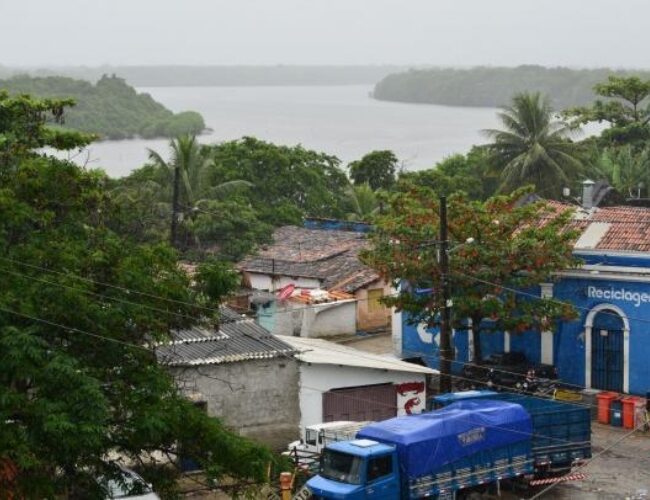This project digitised some of the oldest historical documents in the state of Paraíba: 54 volumes of ecclesiastical records dating from as early as 1752, as well as the signed original of the Constitution of Paraiba State (1891) and other material important for the study of Afro-Brazilian, indigenous and mestiço populations.

The historical records of the state of Paraíba in north-eastern Brazil provide important sources for the study of the lives of enslaved African and indigenous populations in the early days of colonisation in Brazil. The oldest documents were unavailable to researchers because they were too delicate, a result of climate, insects and neglect.
This project, a collaboration of the state university, a US university and local NGOs, drew on expertise gained in other EAP projects in the region. The team trained locally based students, professors, librarians and archivists in many aspects of planning and executing digitisation projects.
The team digitised the entire collection of ecclesiastical documents at the Paróquia de Nossa Senhora dos Milagres, comprising 54 volumes produced between 1752 and 1931. They digitised 84 documents from the Instituto Histórico e Geográfico, where the team uncovered the original, signed Constitution of Paraíba of 1891 – the first constitution of this state after Brazil became a republic in 1889. This is probably the only existing copy of this document. After delays caused by construction projects, administrative changes and a burglary, the team completed digitisation of 128 volumes, produced between 1704 and 1889, at the Arquivo Público Waldemar Bispo Duarte in João Pessoa.
